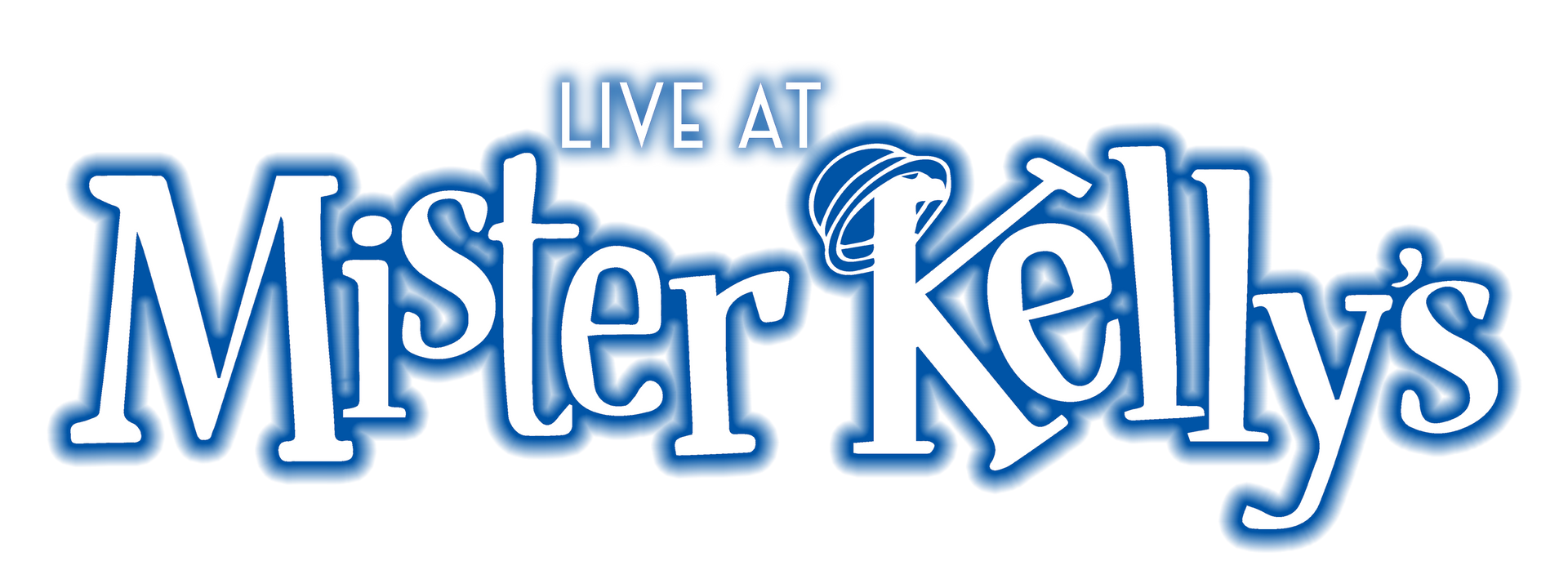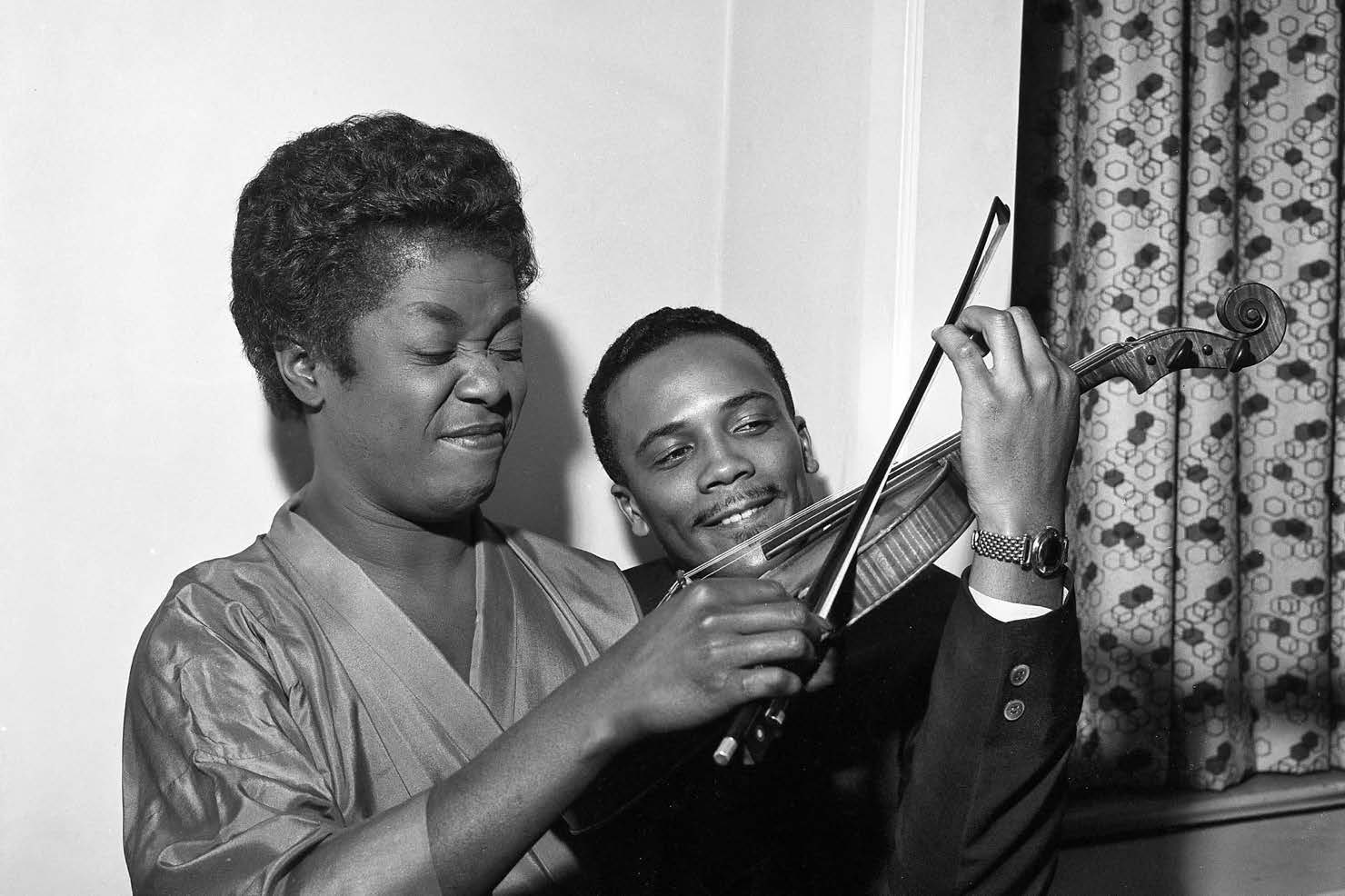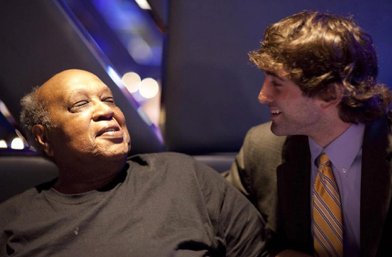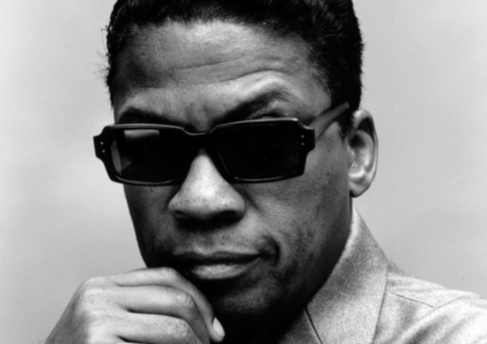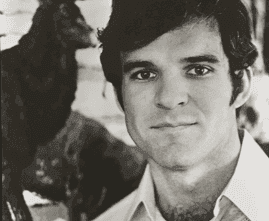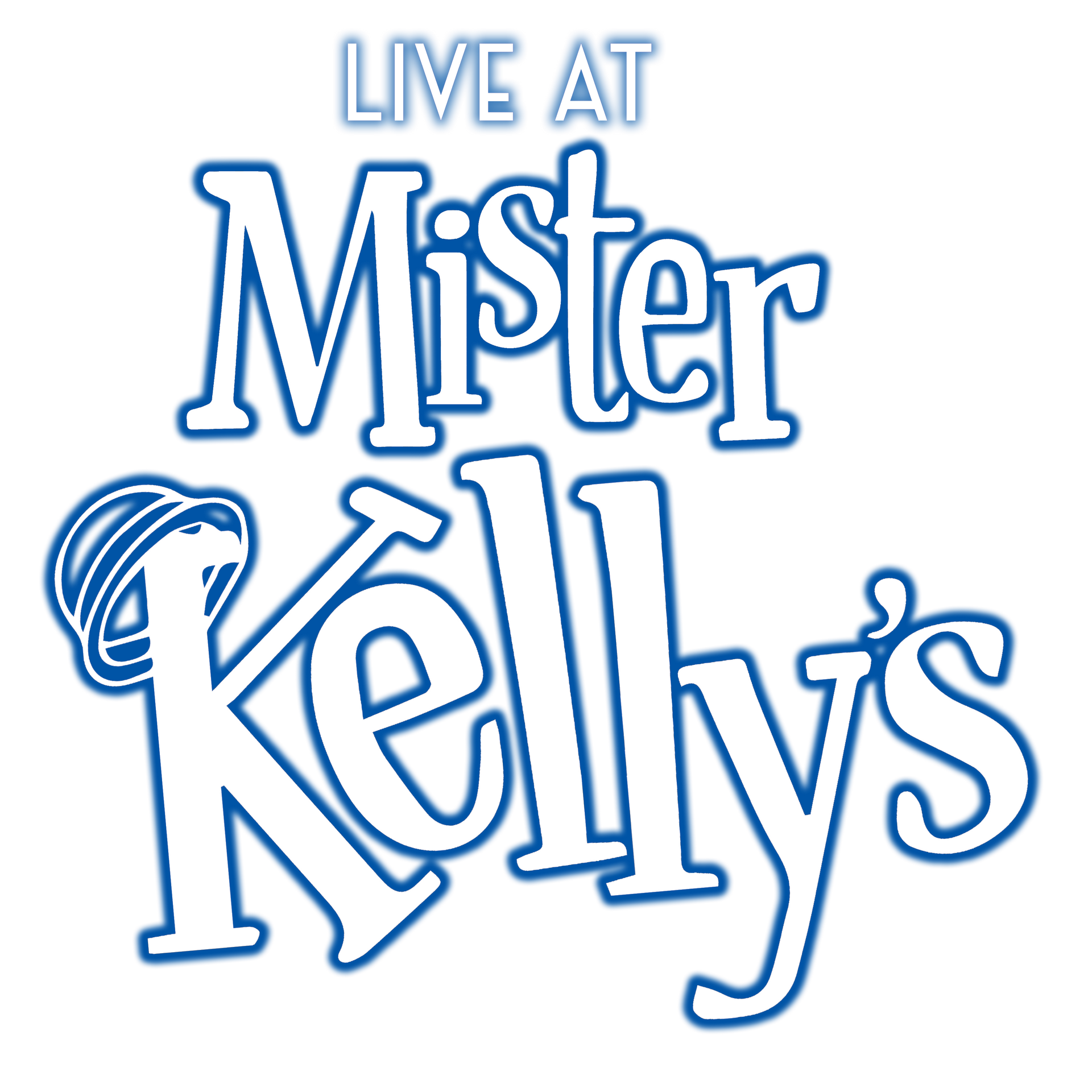Meet the Marienthals: Tall Tales and Family Lore
- By David Marienthal and Tory Foster
- •
- 10 Mar, 2017
- •
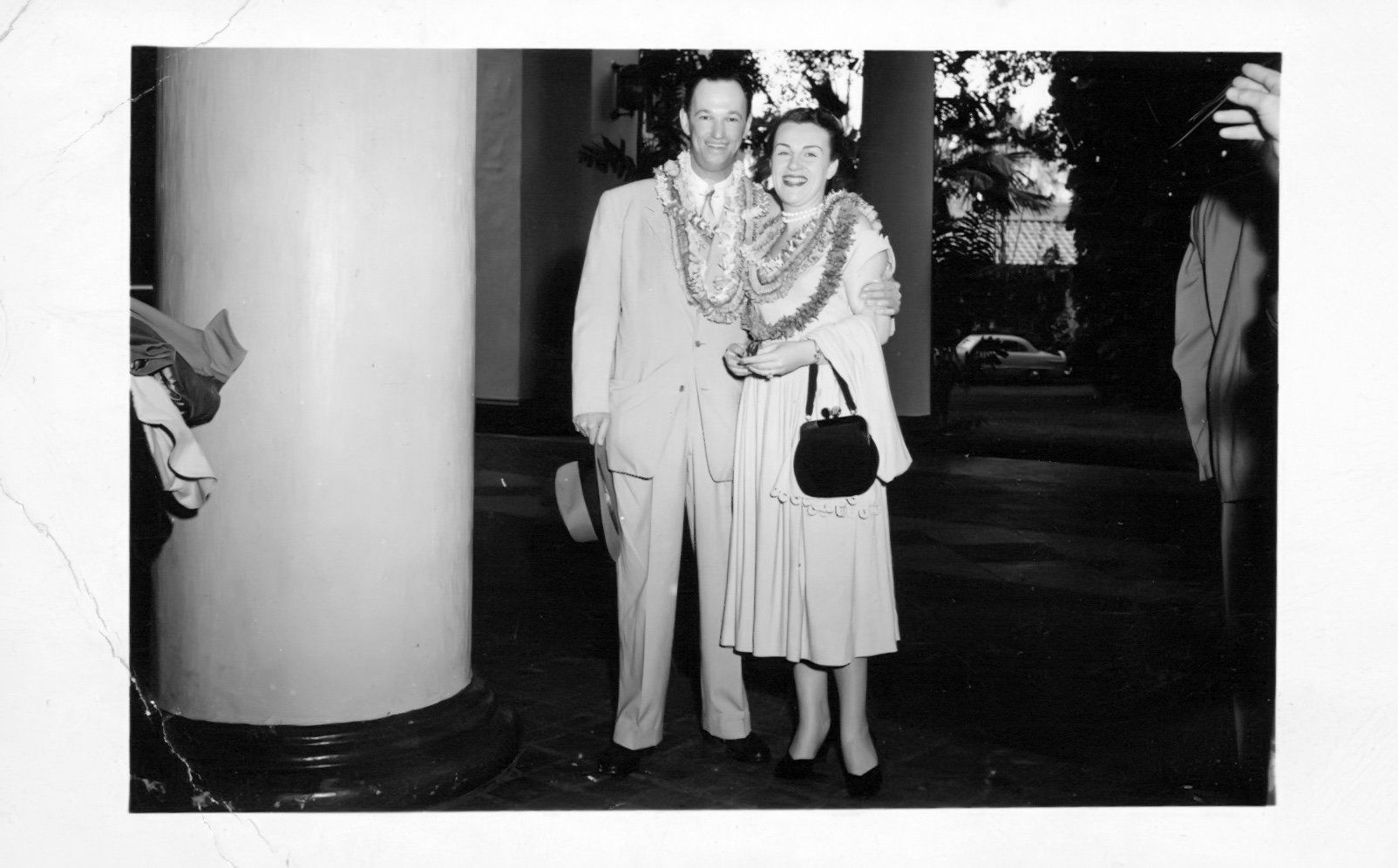
Golf Course just outside Chicago, 1941. “Abe” approaches
the ninth hole with friend and sometimes business associate Maurice Fineman.
Both are dressed in the finest English-inspired golf-wear and carry expensive
clubs.
Abe suggests a friendly wager on who will win on the next hole—to the tune of a generous $100. Maurice sets down his golf bag with trouble on his face. There’s something he’s been meaning to talk to Abe about…In short, he’d better to put a moratorium on the big spending for now. He hesitates as Abe tees up. He hadn’t been sure how to tell his friend before this moment, but the thing is, that real estate deal they’ve been working on, like the many Abe attempted before it, had failed.
Abe turns pale at the news, mid-swing. He teeters. Falls straight forward, landing face-first in the grass.
The golf ball goes wide and lands with a splash in a water hazard
The above is a dramatization from an early draft of the TV script inspired by Mister Kelly’s and the Marienthal family story. In this version, “Maurice” and “Abe” are fictionalized, but the circumstances of my grandfather’s death on the golf course does have some basis in history. He passed away suddenly, at a relatively young age, leaving the family with minimal means of support.
My grandmother and her sons George (my father) and Oscar (my uncle) ended up working their whole lives to support the family. The way I heard the story, she and the kids loved him but she never forgave her husband for leaving them so soon. From her perspective, a Jewish father’s duty in life is to provide for the family...and for the rest of her life, she rarely talked about him.
It was always financial pressure that brought out the best and the worst in our family, as in so many others. George and Oscar grew up working hard in tough jobs, and then finally they saw a way to better the lives of everyone in their family. With the backing of a business associate they started a restaurant that became much, much more: London House and later, Mister Kelly’s on Rush Street in Chicago.
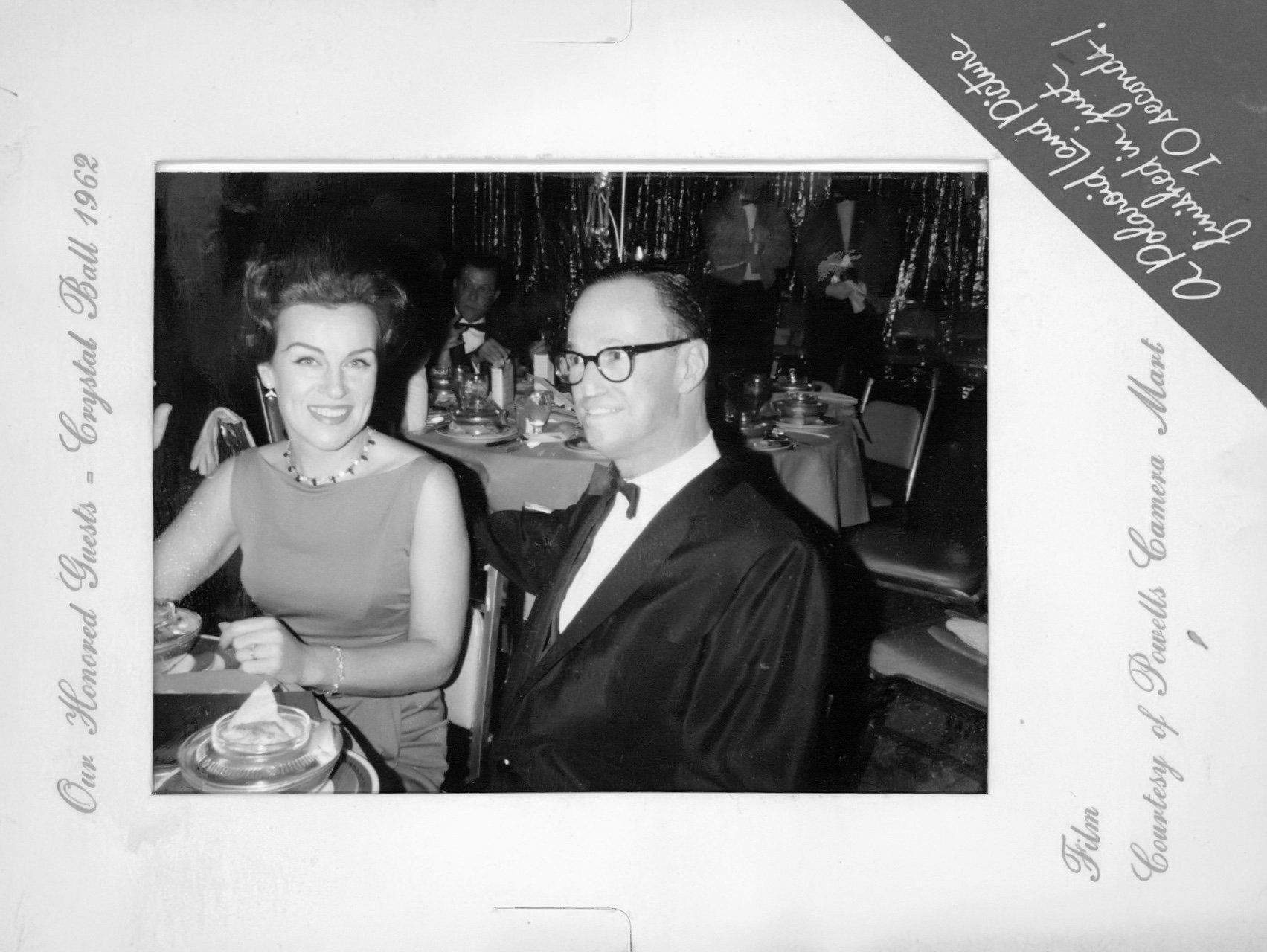
The idea of opening up a smallish club that was high class with great food and entertainment was new but it was a big risk. There were larger club rooms like the Chez Paree and Empire Room that had established stars such as Frank Sinatra, and small jazz clubs and dives, but nothing in between. Mister Kelly’s and the Rush Street location was, for a class joint, a stretch.
Oscar, with his big social skills and cutting edge taste in talent, and George, with his steady hand over the business operations, had very different personalities and motivations, so they were unlikely partners making a play for stardom in the shark pit of Chicago. They were also both nice honest guys who loved their mother, and Rush Street was a tough place full of people who would have thought twice about extortion, bribery, tax evasion, or arson.
Rush Street was mostly made up of bars, strip clubs and greasy spoons in the days before Kelly’s. What the brothers attempted was a long shot, but they made it a success and had a positive impact on the neighborhood. The success and fame did come, and by the time I was born the clubs were, from everything I could see, a success, but restaurants are always high-risk ventures and things can change dramatically with fashions and the whims of the public.
My father never brought any of his worries or stresses home. He was larger than life, and a famous Chicago figure. My brothers and I were always recognized at school for being the sons of a celebrity impressario. But when you really think about it, the challenges were overwhelming; what if the city or neighborhood changed? What would happen if they faced political wrath, the mob took over, the economy crumbled, the employees robbed them blind, the union took over, forcing the salaries to rise? And then there was the ultimate threat—what if TV took over and everybody just stayed home?
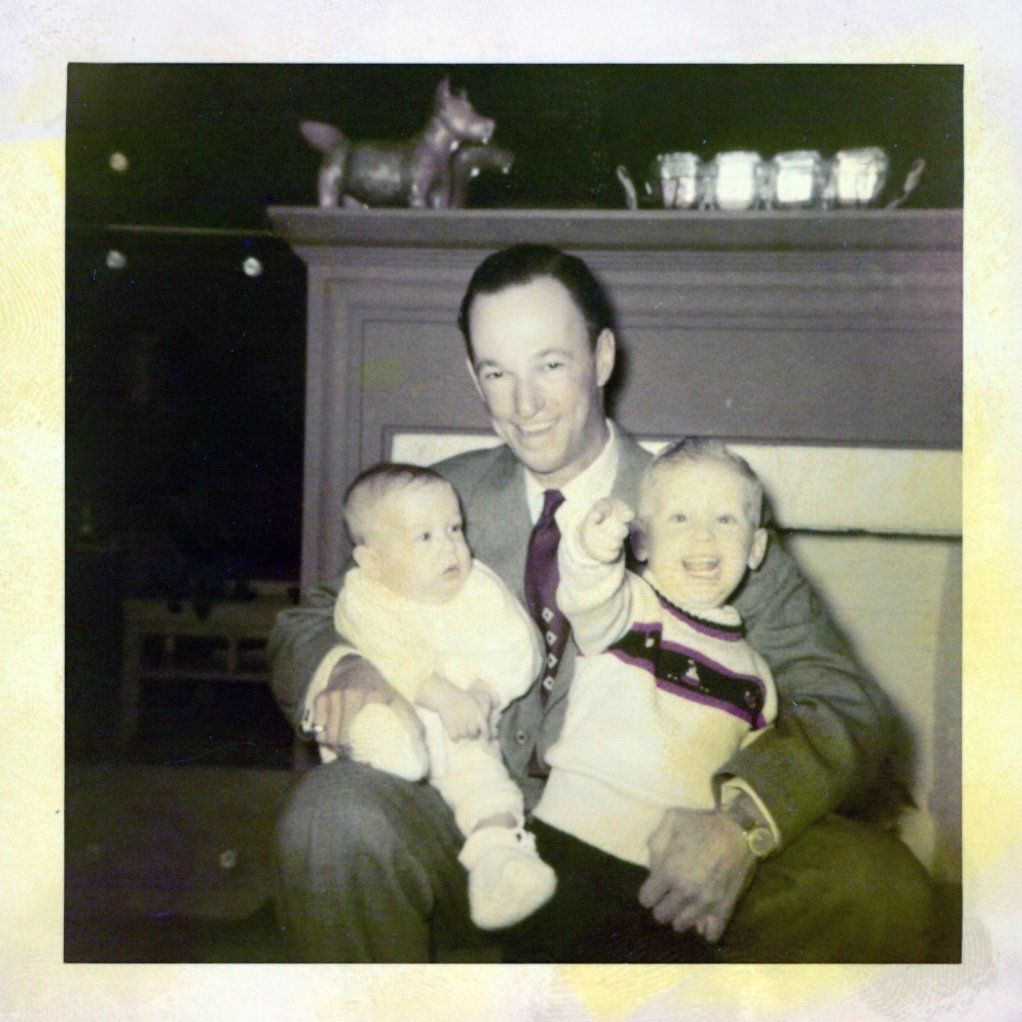
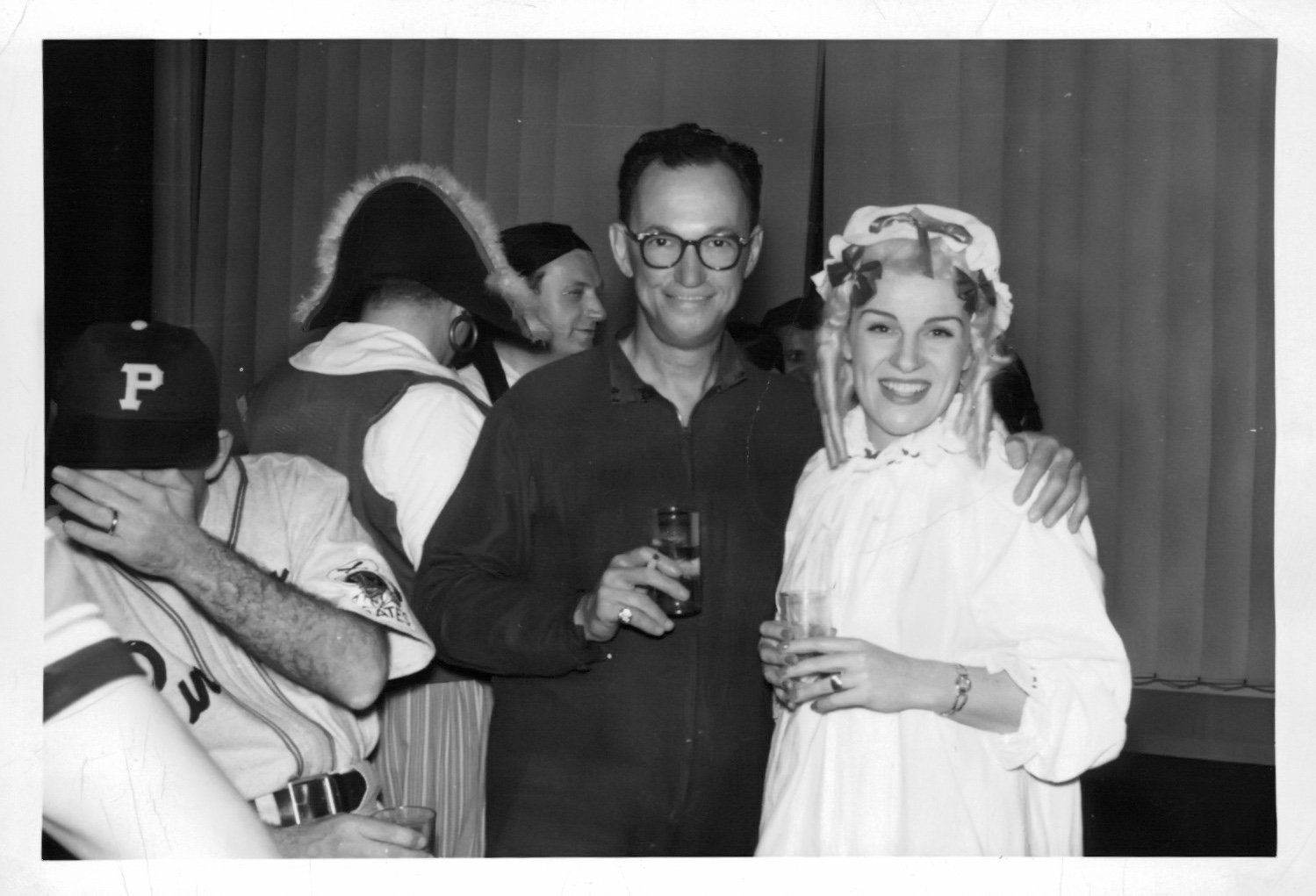
Even with all the uncertainty and changing times, Mister Kelly’s was still the picture of 60’s optimism, full of camaraderie, glamour, cool jazz, bitingly funny men, and fearless women. The brothers might have argued about who exactly would keep people coming back again and again, but they were still able to make a place for the finest young talent that would otherwise have ended up hidden from mainstream American audiences, laboring in oblivion in dives.
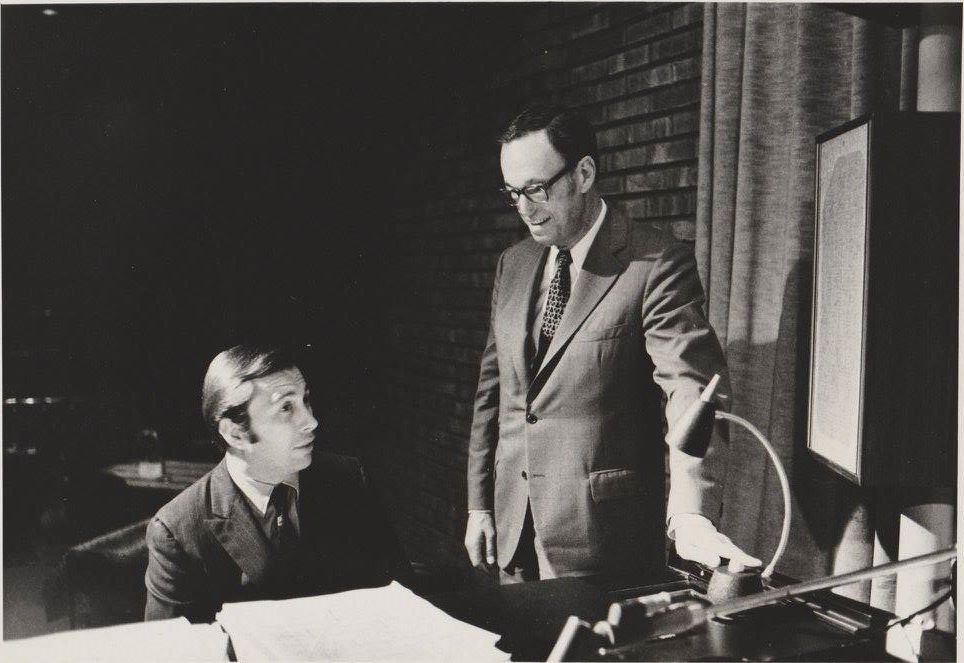
There was something else working against the Marienthal's big investment in the restaurant and nightclub scene: they were Jewish. At that time it was ok for Jews to own businesses in the business known as the “rag trade” (and indeed, their mother owned a boutique for high-end clothing for children in the Drake Hotel, for uppper class WASP clientele.) but they were excluded from the top circles of elite society in Chicago at that time. The idea of two Jewish brothers being the faces of the most chic upscale nightclub in the city would have been considered a bit presumptuous.
The family were Reformed German Jews who saw themselves as part of the Jewish ethnic community, but also felt the pull to assimilate into WASP culture as a way to better their chances of success and to fit into the American culture. Their mother was the same, and even had a Christmas tree on holidays. They belonged to a downtown Jewish social and business club, The Standard Club, which had an annual Santa Claus Party. London House and Mister Kelly’s always had elaborate Christmas decorations.
...Which leads me to another story--this is a good one for St. Patrick’s Day. How did a club run by two Jewish guys end up with such an Irish name? Well, they’d already had good luck with the success of the London House, with great steak and a long-running jazz lineup of performers every night of the week. They wanted to expand, so they found a location where a series of cheap restaurants had already come and gone-- they joked that it was a bad-luck location! The name was inspired by a briefly-employed house manager-- just because they liked the way it sounded. But maybe on a subconscious level they were two Jewish guys hoping to tap into the luck of the Irish. Thus, Mister Kelly’s was born: a pot of golden talent at the end of America’s rainbow.
I’ll share more in coming articles about the development of the family’s behind-the-scenes memories of Mister Kelly’s, and the TV project as the process unfolds. Stay tuned!
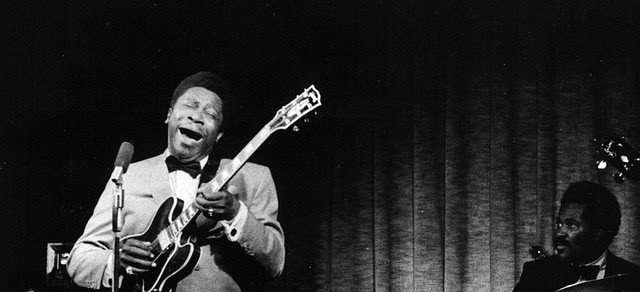
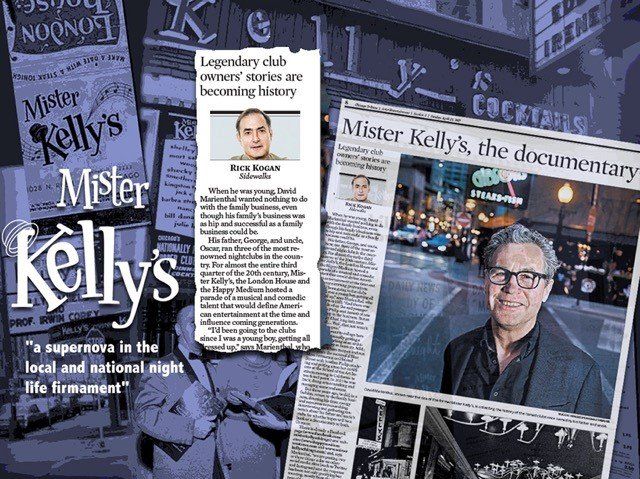
When he was young, David Marienthal wanted nothing to do with the family business, even though his family's business was as hip and successful as a family business could be.
His father, George, and uncle, Oscar, ran three of the most renowned nightclubs in the country. For almost the entire third quarter of the 20th century, Mister Kelly's, the London House and the Happy Medium hosted a parade of a musical and comedic talent that would define American entertainment at the time and influence coming generations.
"I'd been going to the clubs since I was a young boy, getting all dressed up," says Marienthal, who was born in 1951. "And there was some talk of us (he and younger brothers Philip and James) of one day getting in the business. But as a teenager I had long hair, torn jeans and …. Well, that just wasn't going to happen."
So off he went to college here and there, eventually getting a degree and working as an architect and builder in Sante Fe, N.M.; coming back here to open and run for 17 years the successful Blue Mesa restaurant on Halsted Street with brother Philip; studying and getting a teacher certificate at the School of the Art Institute; moving to California to teach and paint. In 2010 he was back, doing arts consulting and managing some real estate.
But three years ago, he did, in a fashion, return to the family business, devoting his time, energy and resources to researching, interviewing and gathering materials about his father and uncle's clubs for what he hopes will be a book or a documentary or both. Or more.
There is already a Facebook page ( www.facebook.com/misterkellyschicago ) and websites ( www.happymediumventures.com and www.misterkellyschicago.com ) and, says Marienthal, "we are posting two or three things a day on other social media sites (such as Twitter and Instagram) and the response has been not only gratifying but amazing, mostly from the 18-35 year old crowd."
This is how he puts a possible TV series — already with a script being pitched to producers — on his website:
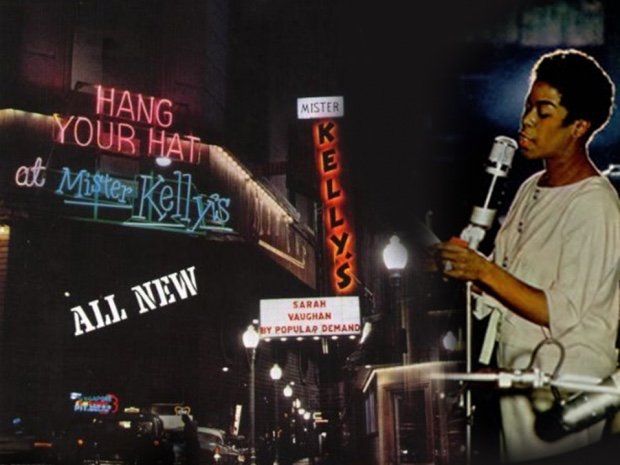
Join us to support the legacy of Mister Kelly's and the documentary film being produced by David Marienthal with WTTW Chicago Public Media, directed by Philip Koch.
This two-act concert features Kimberly Gordon, Sophie Grimm, Lynne Jordan, Frieda Lee, LaShera Moore, Daryl Nitz, Jeannie Tanner, and Ellen Winters. Musical direction by Andrew Blendermann, with Joe Policastro on bass, Phil Gratteau on drums. Special guest performance by a Chicago high school student protege from ChiArts.
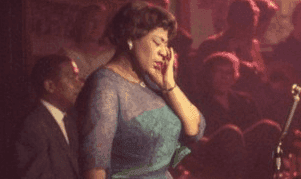
Happy Medium Ventures and Daryl Nitz Entertainment present:
Ella Live at Mister Kelly's: a benefit performance and preview for the documentary film, “Mister Kelly’s: Wasn’t It a Time?”
Monday, January 29, 2018
City Winery Chicago at 1200 W. Randolph Street, Chicago, IL 60607
$25-$40
For tickets go to Ella at Mister Kelly’s
Ella Live at Mr. Kelly's
On August 10, 1958, Ella Fitzgerald recorded her “Live at Mister Kelly’s” LP. In 2007 the concert was remastered and re-released in its entirety, including the early and late sets. This Ella centennial celebration concert presents the entire concert, without song duplication, of both sets. Featuring such songs as "Nice Work If You Can Get It," "The Lady Is a Tramp," "Summertime," "Witchcraft," "Come Rain or Come Shine," "Stardust," and many more from the classic American songbook of Gershwin, Rodgers & Hart, Porter, and others. Featuring Sophie Grimm, Lynne Jordan, Frieda Lee, Liz Mandeville, LaShera Moore, Daryl Nitz, Alina Taber, and Ellen Winters. Musical direction by Andrew Blendermann, with Joe Policastro on bass, Phil Gratteau on drums.
Mister Kelly’s: Wasn’t It a Time
Mister Kelly’s Once called a “supernova in the local and national night life firmament,” the legendary Mister Kelly’s illuminated legendary Chicago’s Rush Street, and the entire country, by launching talent like Barbra Streisand, Woody Allen, Bette Midler, Herbie Hancock, and Richard Pryor. It’s visionary owners George and Oscar Marienthal smashed color and gender barriers to put fresh, irreverent voices on stage and transform entertainment, as America knew it in the 50s, 60s, and ’70s.
Now, with the club long gone, and its star talent reaching its golden years, George’s son David, goes on a quest to collect the memories of the clubs before they are lost. Celebrity interviews now include Bob Newhart, the Smothers Brothers, Dick Gregory, Lainie Kazan, Dick Cavett, Shecky Greene and Ramsey Lewis. Interviews with dozens of local musicians, staff, family, and patrons provide a delightful balance with engaging stories, rich with vintage detail. Discussions are underway to interview Woody Allen, Lilly Tomlin, Bette Midler, Barbara Streisand, Steve Martin and others.
The film will portray through interviews, live footage, photos, music, and song, the most beloved and famous talent of our time at the decisive moments when they showed up, dug deep, and broke in. How do you change the world with a laugh and a song? Find out in a film that documents the rise and fall of one of American entertainment's great proving grounds.
Check out the hot sizzle reel and read Rick Kogan’s story in the Chicago Tribune and the links below for more about this exciting new film.
• Chicago Tribune Story: http://trib.in/2pZT07H
• Website: http://www.misterkellyschicago.com
• Facebook : https://www.facebook.com/misterkellyschicago
Happy Medium Ventures is the leading curator and steward of legendary Chicago nightlife venues, London House, Mister Kelly’s, the Happy Medium, and the Rush Street scene, from 1946-1970’s; the epicenter of Chicago’s entertainment scene. Today, Happy Medium Ventures is reviving this bygone era for a new generation of fans through an unprecedented collection of photos, recordings, press clipping. First-person interviews include key players in the Rush Street scene — from celebrity performers at London House, Mister Kelly’s and other Rush Street venues, to the employees behind the scenes, patrons of the nightspots, family and friends. Happy Medium Ventures aims to capture the fun and excitement through a documentary film, a new TV series, vibrant social media and other original content about this captivating chapter of Chicago history.
Daryl Nitz Entertainment is an event-concert production company specializing in shows that celebrate cultural anniversaries and historical recreations. Operating since 2004, with such show as “Judy at Carnegie,” “Voices of Chicago,” “Ladies Sing the Blues: a centennial birthday concert for Billie Holiday,” “It Was a Very Good Year: a centennial birthday concert for Frank Sinatra,” “Above Us Only Sky: John Lennon at 75,” “That’s Amore: a Dean Martin centennial celebration” and many more.
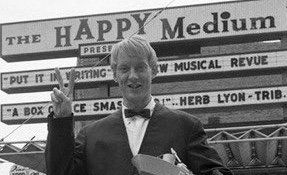
The
Mister Kelly’s team is overwhelmed by the incredibly talented and generous
people that we have met, while creating our archive of the Marienthal Brother’s
legendary nightlife empire. From colorful Rush St. regulars to famous
performers, and everyone in-between, it has been a thrill. One of the most exciting encounters has been
working with the renowned photographer, Art Shay. At the age of 95, Art is truly a legend in
his own time.
Shay began his career as a writer and journalist, but after showing a great eye for capturing images, soon transitioned into a career as a photographer. Based out of Chicago, he became one the nation premier photographers, working for major publications such as Life, Time, and Sport Illustrated. Art Shay photographed everything, from historic moments (1968 Democratic Convention) and iconic personalities (Muhammad Ali, The Rat Pack, President Kennedy), to street photography that captured the everyday life of average Americans. In the process he became one of the most celebrated artists of his medium and a Chicago legend.
In light of this, we were honored when Mr. Shay was kind enough to donate one of his brilliant works to our project recently. The print is a wonderful slice of Chicago’s Rush Street from the 1960s. The photo was taken outside of The Happy Medium and features actor Tom Williams dressed as a child, holding a toy boat.
Why is a grown man dressed as a child? Why a toy boat? Well, this can be explained. Tom Williams was part of was a comic review, produced by the Marienthal Brothers, called Put it In Writing . In the political satire, Williams plays America’s youngest president (an obvious nod to the newly elected JFK), who still has some childlike features. Put it in Writing would become the biggest play to originate at The Happy Medium and, after a long run in Chicago, it eventually made its way to New York for an off-Broadway production.
We are humbled to receive this generous gift from such a preeminent artist. The photo is a brilliant image of mid-century Chicago history, from one of the men who documented it best. The photo will be cherished and used in our mission to record this unique piece of Chicago and American history. We wish to give a heartfelt thank you to our friend Art Shay, who contributed this beautiful photo to the Mister Kelly’s archive.
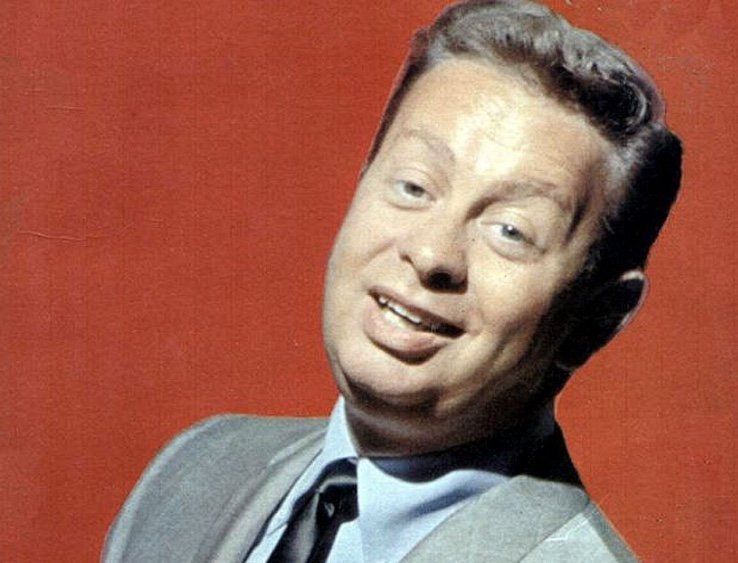
Guest Blogger Sam Fazio is a popular Chicago vocalist. He writes about Chicago’s own Mel Tormé, who appeared at Mister Kelly’s many times over the years.
A Kid from the South Side
Born Melvin Howard Tormé in 1925 on the south side to Jewish Russian immigrants, he started singing at a very young age of four with the Coon-Sanders Orchestra, performing at Chicago's Blackhawk restaurant. He continued his early career on radio series, playing drums and writing songs—all before high school graduation.
